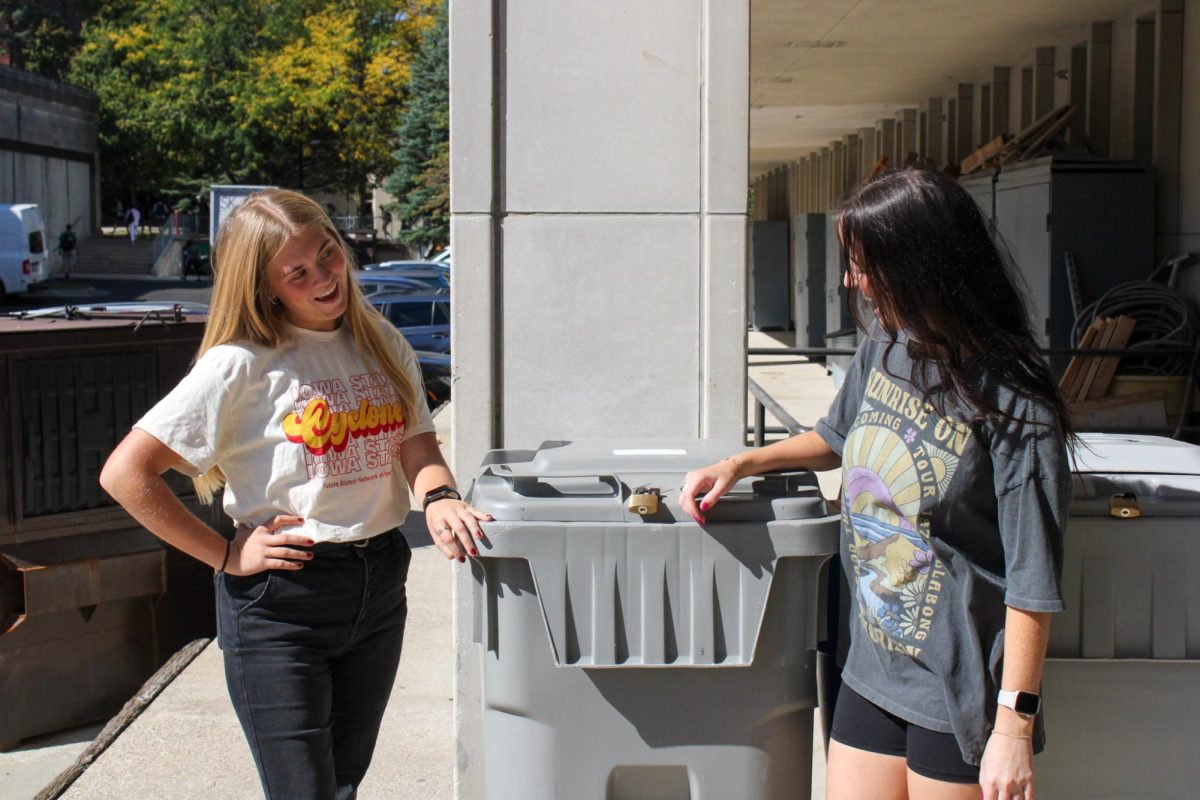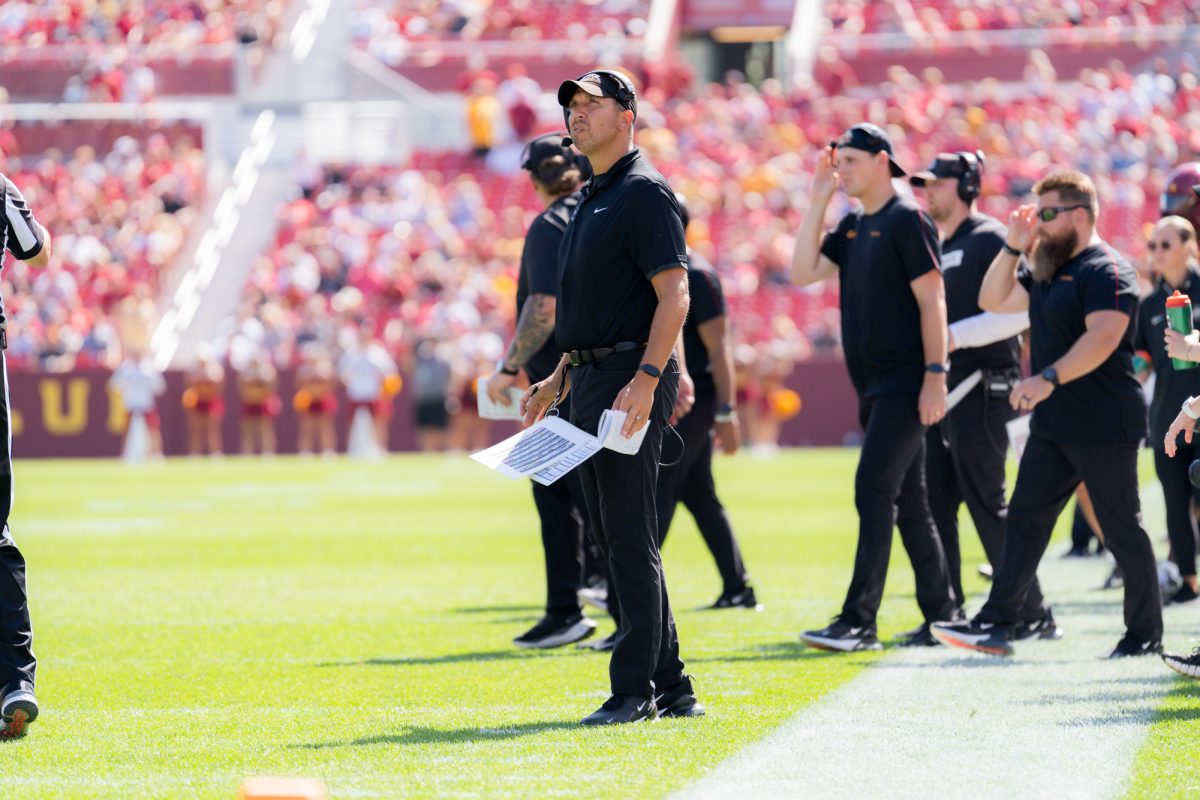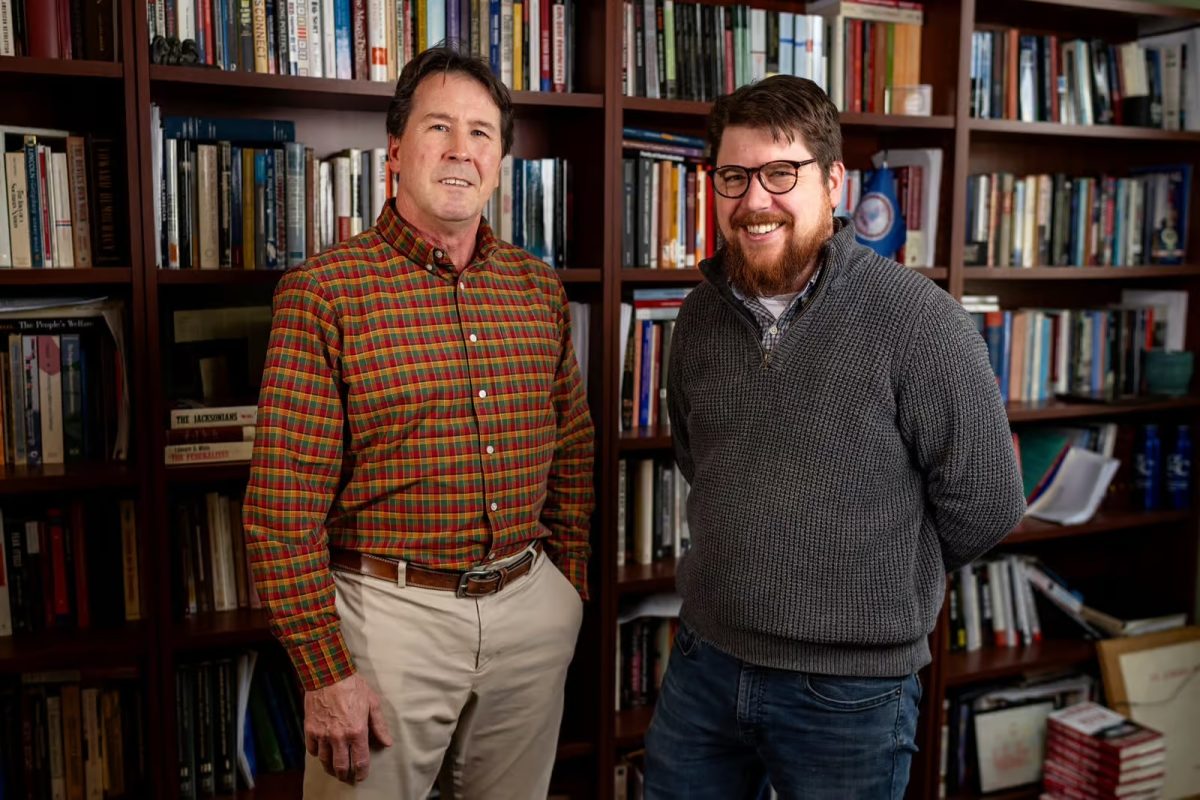Understanding
February 9, 1998
While glancing through the Tuesday, Feb. 10 edition of the Daily, I saw a little column written by a favorite of mine, Milton McGriff. However, instead of chuckling and shaking my head at the absurdity as usual, I found myself shocked and puzzled. He wrote of a school that had changed its name from George Washington because Washington was a slave owner. He went on to say he liked the action, and that owning slaves makes Washington bad because the historical context of the fact is irrelevant.
I was first confused by the introduction of whom I at first assumed was some unknown relative of George named “Massa.” I actually had to say it out loud before I realized who the heck “Massa” Washington was.
WHAT ON EARTH ARE YOU THINKING!?!?!? Apparently, Mr. McGriff works off his spinal cord. Just as the message from your hand telling you your hand is on a hot stove bypasses the brain, when McGriff hears ANYTHING having to do with slave ownership, he jerks away and attacks it as evil.
Was Washington evil? Does historical context matter?
The answers of course, respectively, are no and yes. Let’s look at historical context. I’m supposed to believe, that even though every major culture on every populated continent had slavery in one form or another, it doesn’t matter? Imagine another scenario: 50 years from now, there is a religious boom in the United States. Suddenly, abortion is abolished, and anyone who supported or had an abortion from the earlier times is branded “evil,” and their names are removed forever in disgrace. Fair? Just? Even that is tough to visualize because abortions are relatively new compared to slavery, which must be at least 3000 years old!
Besides, Washington’s slaves probably had a higher standard of living than 90 percent of the rest of the U.S. population. What should he have done? Let them free? I’m sure if I had a choice, I’d beg Washington to keep me, as opposed to releasing me in the middle of 18th century Virginia. I have a feeling other Virginians wouldn’t be quite so nice.
Finally, this could set a bad precedent for future examinations. We could brand lots of people for being to weak on fighting slavery. Look at Abraham Lincoln. “What?” you say, “the Great Emancipator?!” Certainly. He didn’t start the Civil War to free slaves. In fact, all he wanted to do was keep the union together, and his policy for future territories was to allow them to vote on whether slavery was allowed! OUTRAGEOUS!!! NO MORE LINCOLN HIGH SCHOOLS!!!!
Let’s try to be a little more understanding of ALL the circumstances surrounding people when we try to judge their thoughts and actions. Most people are generally good and fair, and I think we can trust others to have good motives more than we sometimes do.
James K. Grimaldi
Sophomore
Psychology






